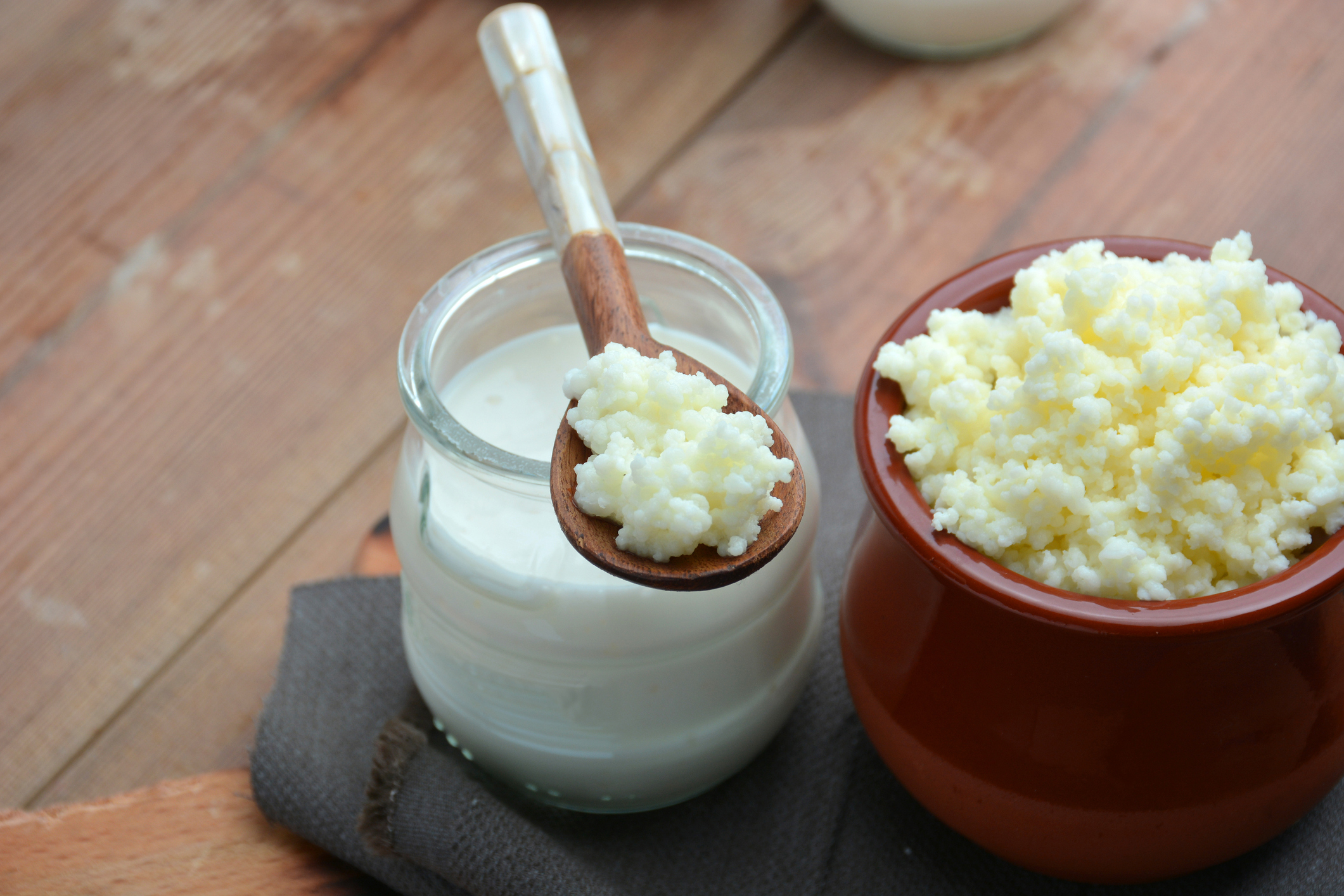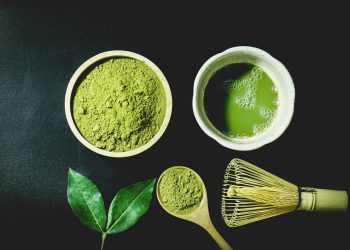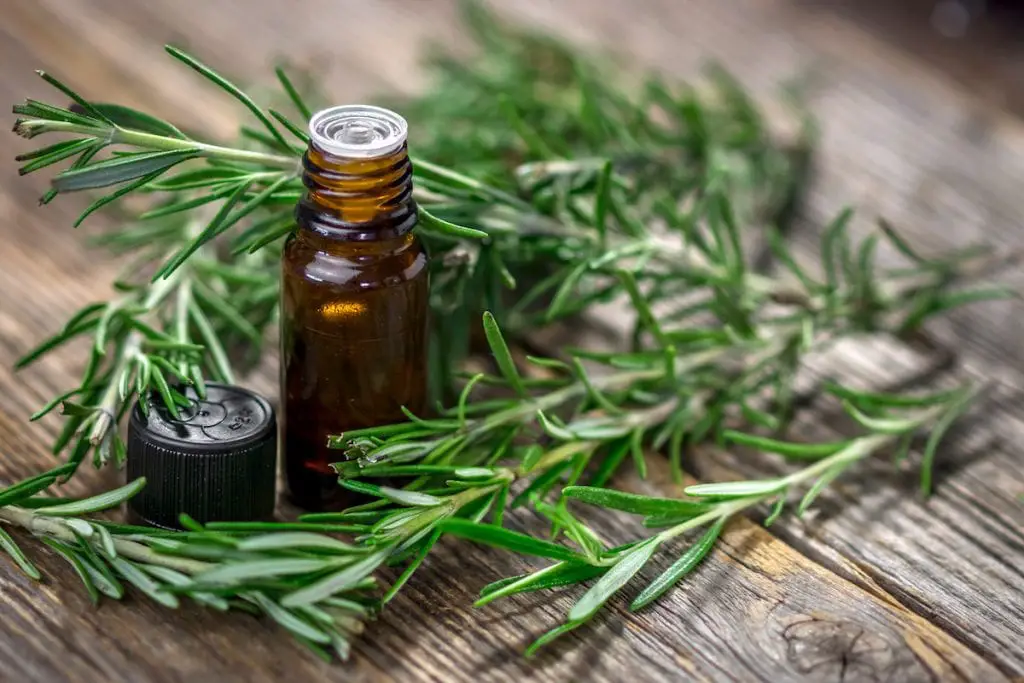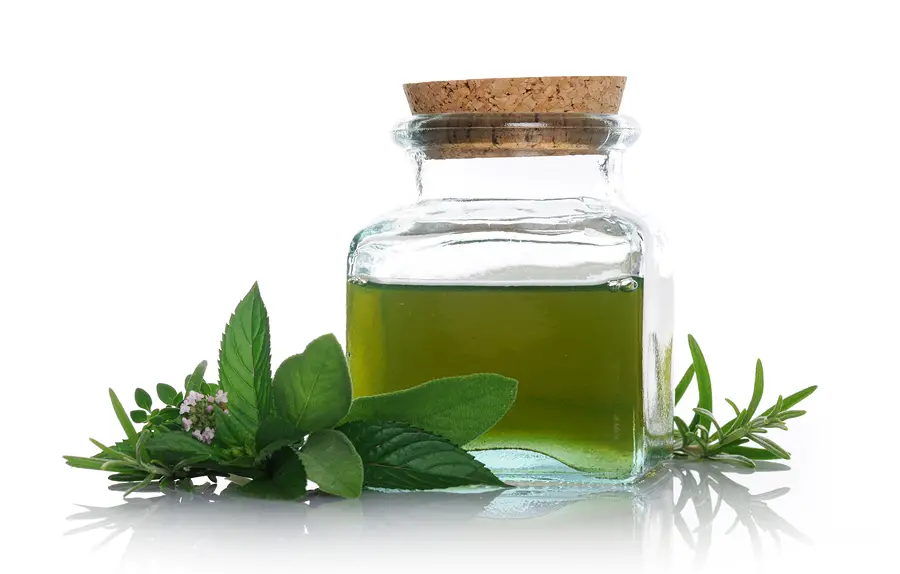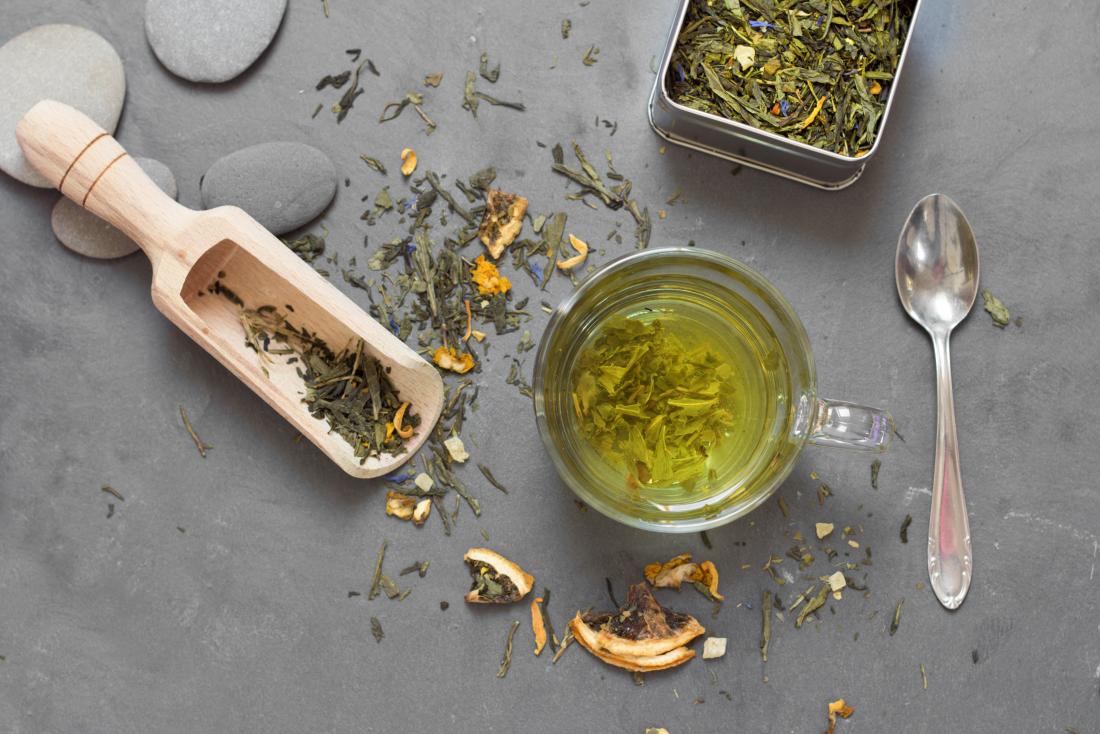The taste and texture of kefir is quite similar to yogurt.
This beverage, which is loaded with many essential nutrients, is made by fermenting kefir grains [1].
It is a good example of “symbiosis between yeast and bacteria”, resulting in a fermented beverage rich in probiotics [1].
Probiotics have long been associated with many health benefits, including antifungal, antibacterial, and anti-tumor properties [1].
Experts say that kefir is good for your health. It may be useful in boosting digestion, reducing lactose intolerance, enhancing the immune resistance, and many more [2].
Read on to learn the nutritional facts and some research backed health benefits of kefir.
How Kefir Benefits Your Health – What Research Says
1. Kefir May Aid in Digestion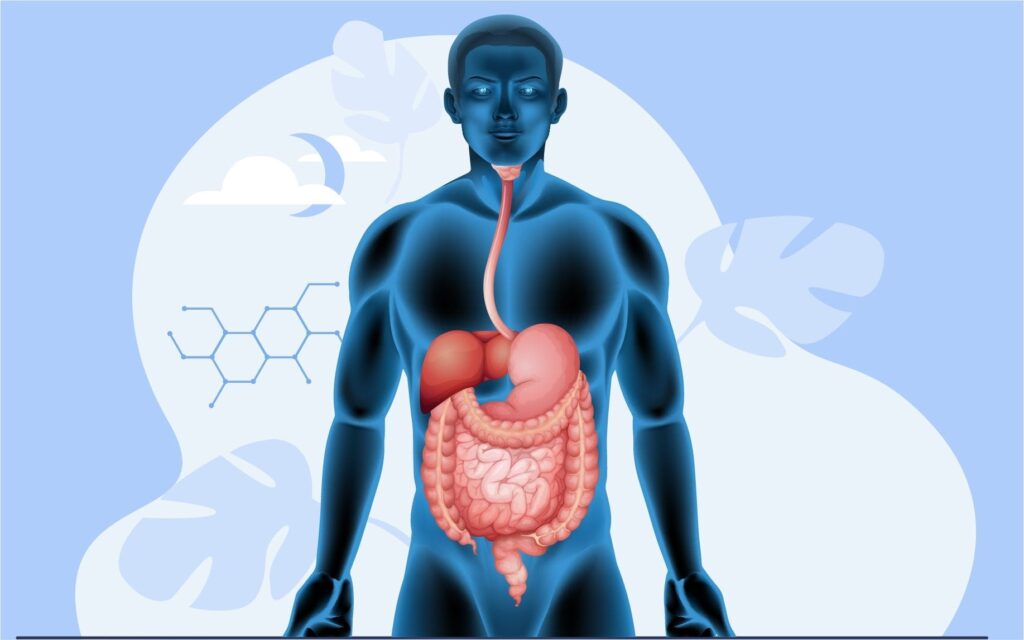
Experts confirm that probiotics can keep digestive problems at bay.
It’s no wonder kefir is often recommended for people who have problems digesting their foods after eating.
In a 2007 study conducted in Spain, it was reported that kefir’s probiotics have a positive effect on a person’s digestive process [3].
For 22 days, researchers fed female rats with two types of diet: standard diet and kefir based diet [3].
Body weight, food intake, and levels of cholesterol, glucose and uric acid were monitored and recorded every day [3].
Results show that kefir benefited the rats by lowering blood sugar levels and aiding in digestion [3]. It works by stimulating the enzymes that can be found in the intestine [3].
Key Takeaways:
- Bloating after meals is a common digestion problem for many people.
- Keep digestive problems at bay with frequent intake of probiotic-rich kefir.
- Probiotics stimulate enzymes in the intestine to promote proper digestion.
RELATED: 19 Home Remedies to Get Rid of Indigestion Fast
2. Kefir Can Prevent Throat and Skin Infections
It’s common for people to have sore throat once in a while.
This problem is characterized by having that scratchy or itchy feeling, or even pain in the throat.
Skin infections are also prevalent in many parts of the world.
Pointed out as the culprit for both of these problems are bacteria.
Streptococcus pyogenes is a type of bacteria that causes tonsilitis, pharyngitis, and cellulitis [4].
When kefir was tested against several bacterial strains using agar diffusion method and cicatrizing experiments, it was found that kefir had the strongest antibacterial activity against Streptococcus pyogenes [5].The trials were done on Wistar rats with skin lesions [5].
This fermented drink has been proven effective in inhibiting the growth and spread of this particular bacterium, and in speeding up healing [5].
Its healing capacity was superior to neomycin-clostebol emulsion [5].
These findings tell us that kefir is indeed an ideal preventive measure and treatment both for throat and skin infections.
Key Takeaways:
- Kefir has significant inhibitory effects on a bacterial strain that causes throat infections like tonsillitis and pharyngitis, as well as skin problems such as cellulitis.
- It’s highly active in preventing the growth and spread of Streptococcus pyogenes.
3. Kefir Can Help Treat Food Poisoning
No matter where you go, you always have to be careful with what you eat or drink.
Eating foods or drinking beverages that are contaminated with infectious organisms like bacteria can make you sick, according to Mayo Clinic.
Some of the harmful pathogens that can cause foodborne illness or food poisoning include E. coli and Salmonella.
This can result in terrible symptoms such as severe diarrhea, vomiting, nausea, and abdominal pain. Vomiting and diarrhea, if not treated immediately, can lead to dehydration and put your life at risk.
While waiting to be treated by a medical practitioner, you can make use of home remedies such as kefir.
A study published in the Journal of Food Protection revealed that kefir can stop E. coli from growing and spreading [6].
This mode of action can be attributed to the “undissociated form of lactic and acetic acid” that forms during the process of fermentation [6].
In another research that can be found in the International Journal of Food Microbiology, it was shown that kefir can also protect against Salmonella [7].
Kefir worked by preventing Salmonella from adhering to the digestive tract and invading the system [7].
Key Takeaway:
- Get relief from the symptoms of food poisoning with the help of kefir, which is known to be effective in curbing the activities of Salmonella and E. coli.
RELATED: 14 Proven Home Remedies for Stomach Flu
4. Kefir May Protect Against Cancer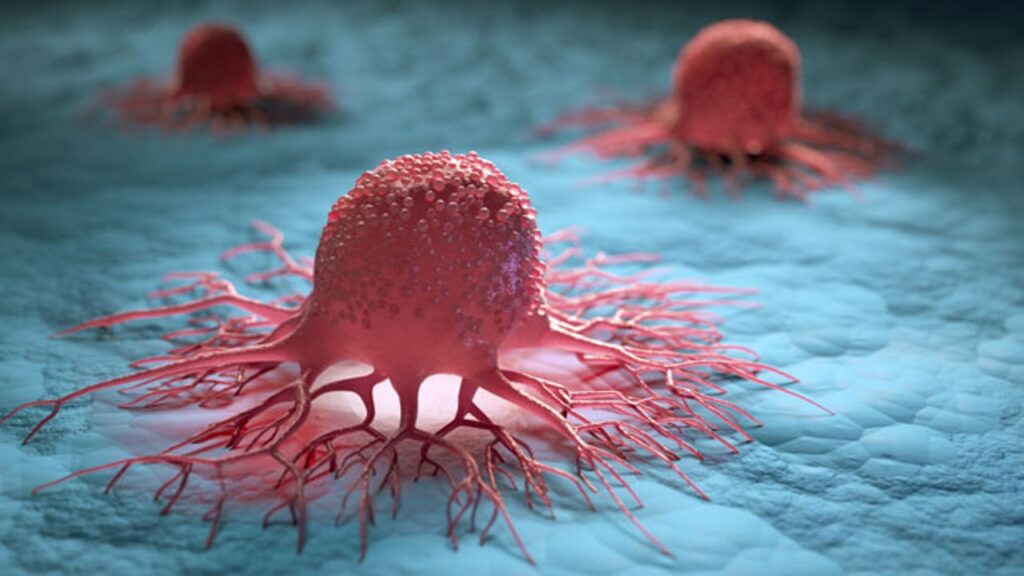
Cancer is not just one disease, it refers to over a hundred types of diseases that involve uncontrollable growth and spread of cells that in turn invade the other healthy parts of the body.
Over the years, medical experts have exerted all efforts to find new and better ways to treat this condition.
Still, cancer remains as one of the most common causes of death in the world.
It’s good to know, however, that some natural approaches can help protect against cancer.
According to a 2006 study, the fermentation process releases compounds in kefir that have anti-tumor effects [8].
Not only did it slow down the development of the tumor, it also decreased the number of cells inside the tumor [8].
One study conducted in 2002 reported inhibition of sarcoma tumor cells by up to 70 percent [9].
Other bodies of research suggest that kefir is a viable treatment for breast and colorectal cancers [10, 11].
Key Takeaways:
- Kefir can reduce the risk of breast, colon, rectum and other forms of cancer by inhibiting the growth of tumor cells.
- It delayed the progression of the tumor, and at the same time, reduced the number of cells inside the tumor.
5. Kefir Helps Resolve Lactose Intolerance
Some people find it difficult or impossible to digest lactose, a sugar commonly found in milk and dairy products [12].
This condition known as lactose intolerance can cause distressing symptoms such as bloating, diarrhea, vomiting and nausea [12].
This can be a problem since milk and dairy product supply calcium and other essential nutrients that you need to keep yourself in top shape.
Here’s a good solution: kefir.
As it turns out, certain foods and beverages like kefir can help manage this issue.
With its ability to improve digestion of lactose, kefir is recommended by American researchers as a “potential strategy” for treating lactose intolerance [13].
Since kefir also contains calcium, it can also be a good alternative to milk and dairy products.
Key Takeaways:
- Lactose intolerance is a condition in which a person is not able to digest lactose, and that intake of milk and dairy products results in vomiting, diarrhea and other symptoms.
- Kefir can help by boosting the body’s ability to digest lactose.
RELATED: Nausea After Eating: Reasons And Remedies
6. Kefir Can Fight Oxidative Stress
Wikipedia explains that oxidative stress occurs when there are more free radicals than the antioxidants in the body can handle.
It has been linked to numerous health problems including Alzheimer’s disease, heart disease, chronic fatigue syndrome, depression, and cancer, among others.
To prevent oxidative stress from harming your health, try to avoid polluted environments, and manage your stress levels better.
It’s also a good idea to make use of antioxidant-rich beverages like kefir.
Studies have shown that kefir has high antioxidant activities that can neutralize damage caused by free radicals and oxidative stress [14, 15].
These actions can be attributed to the presence of phenolic compounds in kefir [15].
Including kefir in your daily helps promote overall health and wellness.
Key Takeaways:
- Oxidative stress can cause various ailments such as heart disease, Alzheimer’s disease and depression among others.
- It should therefore be neutralized with the use of antioxidants.
- Kefir is loaded with phenolic compounds with high antioxidant activities that can help in this matter.
7. Kefir Can Control Fungal Infections
Fungal infections are quite common, and can affect anyone.
Some of the most common types of fungal infections are athlete’s foot, jock itch, nail fungal infection, and vaginal infection.
These are caused by fungi present in the environment, most of which do not usually pose serious threat to health [16].
However, some types of fungi can infect the body especially when their growth becomes uncontrollable, and should immediately be neutralized.
One way to do that is with kefir, which is known for its potent antifungal properties, as reported in a 2006 study [17].
It halts the activity of the fungal strains, and at the same time, prevents them from growing and spreading.
Key Takeaways:
- Fungi are present in the environment, and usually do not cause any problem.
- There are times, however, when they infect the body.
- Antifungal agents such as kefir should be used to control such infections.
RELATED: 9 Coconut Oil Remedies for Vaginal, Skin, and Oral Yeast Infections
8. Kefir Can Lower Cholesterol Level
Also called the “bad cholesterol”, low density lipoprotein (LDL) is the “main source of artery-clogging plaque,” according to WebMD.
Triglycerides, another type of fat, are also considered risk factor for heart disease.
High density lipoprotein, meanwhile, is the “good cholesterol” that helps clear out the plaque in the arteries.
This is why, in order to maintain top health, it’s important to monitor and keep in check levels of cholesterol.
Research indicates that kefir can significantly reduce LDL cholesterol and triglycerides without affecting the HDL cholesterol [18].
This was the result of a 2009 study in which rats where fed with a high-cholesterol diet, and were then supplemented with a compound isolated from kefir [18].
This compound is called Lactobacillus plantarum MA2 [18].
Key Takeaways:
- High levels of cholesterol can shoot up the risk for heart disease and high blood pressure.
- It’s therefore important to maintain proper levels of cholesterol.
- Kefir can lower levels of bad cholesterol and triglycerides without affecting the good cholesterol
9. Kefir Can Boost Immune Resistance
Most of the time, the body is able to fight off viruses, bacteria and other harmful invaders without us knowing it.
However, when the immune system becomes weak, due to stress or other factors, it becomes easier for these pathogens to come in and infect the body.
Immunity, which refers to the body’s ability to protect itself from infection or disease, should be kept high at all times [19].
To keep yourself healthy and strong, it’s important to enhance the body’s immune resistance.
One way to do that is with the help of kefir.
Various research shows that kefir has potent immunomodulatory effects, strengthening the body’s immunity to diseases [20, 21, 22, 23].
Key Takeaway:
- Kefir can help protect the body from disease and infection by strengthening immune defense.
10. Kefir May be a Viable Remedy for Peptic Ulcer
Peptic ulcer or gastric ulcer is a painful condition you’d surely want to get rid of as soon as you experience it.
It causes severe abdominal pain that makes it difficult for you to carry on with your usual routine.
This condition is commonly caused by an infection of the bacteria called Helicobacter pylori [24].
Fortunately, it can be remedied by kefir, which according to a study, can successfully help in inhibiting the ulcer-causing bacteria [25].
In this clinical trial, 82 patients with dyspepsia and peptic ulcer were given antibiotics (lansoprazole, amoxicillin, and clarithromycin) with either kefir or a placebo for 14 days [25].
Researchers confirm that kefir made the triple therapy of antibiotics more effective in combating ulcer [25].
Only a few minor side effects were observed during the experiment [25].
Key Takeaways:
- One of kefir’s antibacterial properties works on helicobacter pylori, which causes painful gastric ulcer.
- Amazingly, kefir is even more potent than triple therapy, a standard treatment procedure for h. pylori caused ulcers.
RELATED: 11 Soothing Home Remedies for Ulcers & How to Use Them
11. Kefir May Alleviate Allergies
When your immune system is hypersensitive, you are more susceptible to allergies, as explained in Wikipedia.
Certain natural remedies can help tone down allergic reactions.
And one of these is kefir.
In 2007, Korean researchers examined the efficacy of kefir as an anti-allergic and anti-inflammatory agent [26].
It was found that the intra-gastric intake of kefir among rats significantly reduced the inflammatory cell count [26].
It also inhibited the airway inflammation [26].
Korean researchers have established that kefir has significant anti-allergic and anti-inflammatory properties that work well for various allergies and diseases like bronchial asthma [26].
Key Takeaways:
- Allergic reactions are common among people with hypersensitive immune system.
- One way to alleviate allergies and the unpleasant symptoms that come with these is by using kefir.
- Kefir possesses anti-allergic and anti-inflammatory properties that help in various allergies and conditions such as asthma.
12. Kefir May Improve Your Bone Health and Prevents Osteoporosis
Osteoporosis or “porous” bone is a common bone disease. This medical condition is very prevalent in the western countries, especially among the elderly women.
Osteoporosis happens when your body loses too much of bones and doesn’t produce any. The bone disease leaves your bone structure look like a honeycomb with many holes and spaces.
Osteoporosis lowers the density or mass of the bones and your bones become very fragile to break and fracture.
Lack of calcium in the body is the primary reason of developing osteoporosis and weak bone health. [27]
Kefir is a natural source of calcium, vitamin K2 and other beneficial nutrients that can improve your bone tissues.
Recent experiments have shown that kefir help increasing calcium absorption by the bones; improve bone density and lowers the risk of osteoporosis by 81%. [28]
Key Takeaway:
- Kefir is rich in calcium, vitamin K2 and other vital nutrients to improve bone health and prevent osteoporosis.
Key Nutrient Facts of Kefir
The list below contains nutritional information based on a 100-gram serving of kefir. The percentage values are for a 2,000 calorie diet.
- Calories 55
- Fat 9 g
- Cholesterol 9 mg
- Sodium 41 mg
- Potassium 135 mg
- Carbs 24 g
- Sugar 88 g
- Protein 03 g
- Vitamin A 2%
- Calcium 10%
How Much Kefir to Drink Daily
Nutritionists recommend of drinking 200-300 ml or 1 cup of fresh milk kefir on a daily basis. If you are consuming water kefir you may raise the intake to 350 ml or 1.5 cup.
Experts suggest that you drink kefir consistently for at least three months to experience desired effects on your health. You may notice a few side effects from drinking kefir, however if they are not severe you should continue consuming the probiotic drink.
Kefir Side Effects
Kefir is a fermented food that contains live bacteria. Consuming kefir has a significant impact on your gut flora. So, if you have just started adding kefir to your diet you may experience the following symptoms:
- Bloating
- Stomach aches or cramps
- Constipation
If the symptoms are severe it’s recommended to stop consuming kefir.
Bottom Line
Kefir is one of the finest probiotic foods. Not only is kefir packed with probiotics, it’s also low in fat, calories, sodium and cholesterol. It’s a good source of calcium. It also contains some potassium, protein, vitamin A and carbohydrates that are necessary for good health.
People should get to know more about the potential nutritional values and benefits of kefir for overall wellness.
READ NEXT: 14 Health Benefits of Jackfruit That You Should Know About
